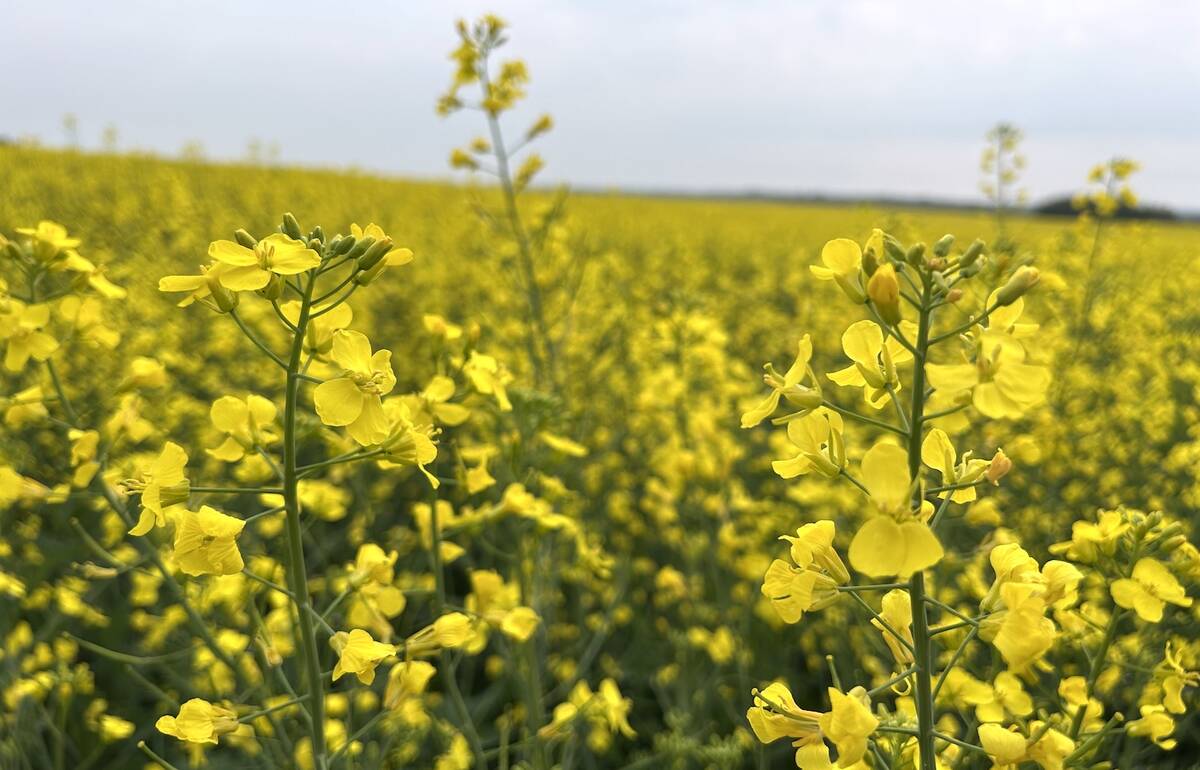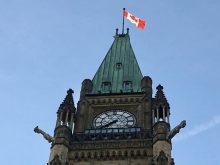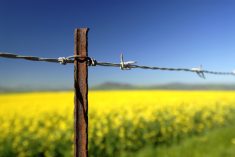You may have heard the buzz lately.
There has been a lot of talk about emissions, environmental impact, and what the future looks like with a changing climate. The past few weeks have been dominated by conversations about the government of Canada’s plan to reduce emissions from on-farm fertilizer use.
With little substance revealed regarding the government’s plan to achieve its targets, farmers (myself included) have occasionally filled the information gap with uncertainty and concern about the future of our operations.
Read Also

Lower canola seeding rates can pay off: study
Research shows lower canola seeding rates improve emergence and root systems, boosting yields in dry years while cutting input costs.
Despite Agriculture and Agri-Food Canada’s early lack of clarity on how it intends to achieve the government’s goal, Agriculture Minister Marie-Claude Bibeau is adamant that the government does not want to limit fertilizer use and that this is a voluntary target.
I’ve been talking to farmers, and like many, I have skepticism.
Some may see this trending toward unwelcome territory, but I believe this is an opportunity for us and our sector.
Due to the nature of our profession, our livelihood requires us to be economically efficient and environmentally sustainable. As an exporting nation, our country also depends on us to fortify the economy with a safe and ever-growing food supply for our many customers abroad. We, in turn, are free to reinvest in where we live, work and play.
We do not take these responsibilities lightly.
[READ MORE] Cutting fertilizer emissions and cutting fertilizer use aren’t the same thing
We sit at the intersection of climate change and food security. Our operations rely on us to analyze the intent of a policy and its ultimate impact. If regulations are indeed on the horizon, this is our chance as farmers to stand up for our sector and share our sustainability story when it comes to fertilizer use.
Any intent for sweeping fertilizer emission reductions must recognize that there will also be consequences, not the least of which will be reduced crop yields, declining income for farm families and increased food prices for all Canadians.
Like any working relationship, it is also our job to help the government understand what fertilizer use means to us, the agriculture sector and our economy.
The hard truth is that fertilizer is vital to food security, and that was before geopolitical circumstances hastened the threat of a global food security crisis.
An absolute target of, say, 30 percent emission reductions (with 2020 as the baseline year) is only feasible if we maintain 2020’s production levels. With increased global food insecurity, the onus is on us to grow more food, more efficiently. Any policy must stand up to the rigours of that critical requirement.
There is hope here, however.
To practically achieve reduced emissions and increased productivity, the government can and should target emission intensity relative to production to meet both needs simultaneously. A policy that recognizes that distinction will avoid damaging consequences and put us on a path to a future that works for everyone.
As farmers, we have been working toward more sustainable fertilizer practices for more than a decade — long before anyone thought about telling us how to do it.
In fact, on my grain farm, the largest line item is fertilizer. It’s an expensive but worthwhile investment that increases yields and improves profit potential. That is why it is in our best interests to use this critical product as judiciously as possible. Our livelihoods and the long-term health of our land depend on it.
So, where does that leave us?
Our federal government has a unique opportunity to align its priorities with the needs of our sector. However, to do so, it must also count on farmers’ expertise and account for the unique demands that come with growing food for the world.
We are ready to be part of that conversation and move forward together.
– Andre Harpe is a grain farmer in Alberta’s Peace Country, and the chair of the Grain Growers of Canada.















